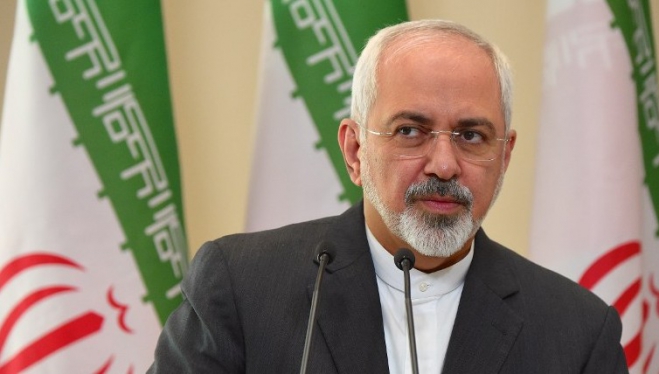Foreign Minister Tour of South Pacific
7 Apr 2016

Whilst the US continues to hold off on the lifting of primary sanctions, this is creating some difficulties for trade deals to develop smoothly with western companies or governments, given their need to use banks who may still have operations in the U.S.A.; recently a lubrication company in the U.K. could not proceed with a contract with an Iranian company becoming a distributor, because their U.K. bank branch was afraid of regulatory action.
This is an obvious source of frustration to some European companies, keen to build their portfolios with Iranian companies. Meantime, businesses in Iran should keep building their networks closer to home and seek to set frameworks and procedures in place for when EU-Iranian deals can go ahead, perhaps later this year.
Iranian Foreign Minister On Asia Pacific Trade Tour
Meantime other English speaking nations, such as Australia and New Zealand continue to build their opportunities for trade with Iran. Dr Zarif, Iran's Foreign Minister has been conducting a tour of six countries in Asia-Pacific. This week Iran's Foreign Minister said ahead of a meeting with New Zealand’s Prime Minister, John Key that there were “vast possibilities” for co-operation between the two nations. Dr Mohammad Javad Zarif referred to existing import to Iran of dairy commodities, including butter and milk products. Tehran is seeking new areas of trade deals, including: high-tech sector industries such as geothermal, nanotechnology and biotechnology. Petrochemical products are always an area of interest to Tehran, given oil is the country’s biggest export, so this too was mentioned by the Minister.
New Zealand’s Foreign Minister, Murray McCully described the meeting as a “refresh” of the bilateral trading relationships. During the meeting of the two Foreign Ministers, an arrangement was established between the Export Credit Office and Export Guarantee Fund of Iran. Mr McCully said this would provide the basis for NZ companies to export to Iran with greater confidence in their trading arrangements, offering scope to even go beyond previous successful dealings. Before the sanctions on Iran took hold, Iran was New Zealand's fifth largest trading partner in the 1980s.
Iran’s ballistic missile testing has been continuing in recent weeks, amidst controversy, which perhaps is still a vestige of Iran’s remaining ambivalence to power balances in the Middle East and will take time to work out.
Australian Stop Off on Asia Pacific Tour Bodes Well
Dr Zarif travelled with a delegation to Australia yesterday to meet with their Foreign Minister, Julie Bishop in Canberra. The Australian Coalition government plans to reopen a trade office in the Australian Embassy in Tehran later this year. This is likely to see increases in the trading of agricultural commodities such as barley and wheat and other produce related to the processing of raw minerals.
A spokesman for Trade Minister Steven Ciobo was reported in the Australian Financial Review as saying: "Austrade will provide support to Australian businesses immediately from its office in Dubai, and will establish a permanent presence within the Australian Embassy in Tehran from the second half of 2016".
He reported that trade was still around $350 million a year under sanctions, which offers a strong base on which to build. Mr. Ciobo referred in particular to areas of Australian expertise, given their huge mineral exports: "… mining equipment, technology and services sectors”. Aside from technology and expertise for the manufacturing of minerals and foodstuffs, other trading opportunities have been cited by Austrade, such as “…commercial co-operation in the health and medical and education and skills training sectors."
Tehran Busy in Talks With Vietnam
Meantime, as Dr Zarif courts the Asian Pacific nations, Mr Rouhani has played host to a Vietnamese representation this week too. Iran's president welcomed his Vietnamese counterpart on Monday. Trade with this Southeast Asian partner looks to potentially reach $2 billion from its current base of $350 million, possibly by 2020. Iran currently exports nearly $250 million worth of oil, agricultural and fishery products to Vietnam and imports to Iran are in the region of $100 million worth of rubber, canning materials and cell-phones.
The Vietnamese President, Truong Tan Sang was interested in discussing cooperation to counter terrorism, according to state TV. In terms of trade, areas of interest will include industrial, tourism and information technology sectors. The two countries will also offer important educational exchanges for university students and teachers, building the skills and expertise of each.

our contact form.
The White Rose Group looks forward to hearing from you.



